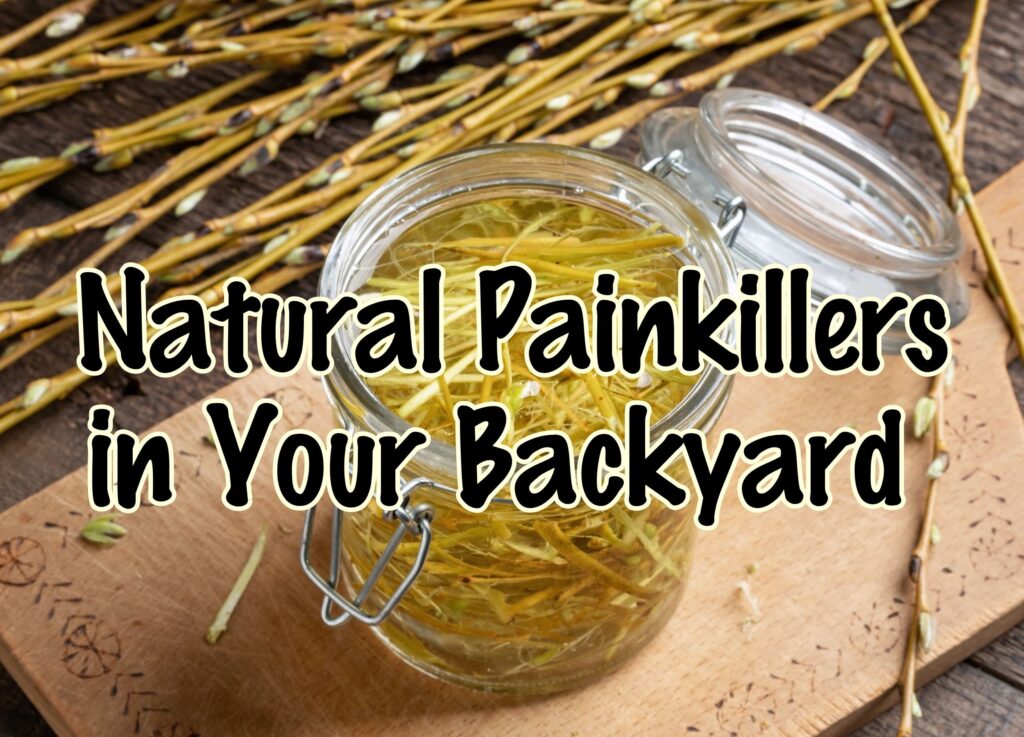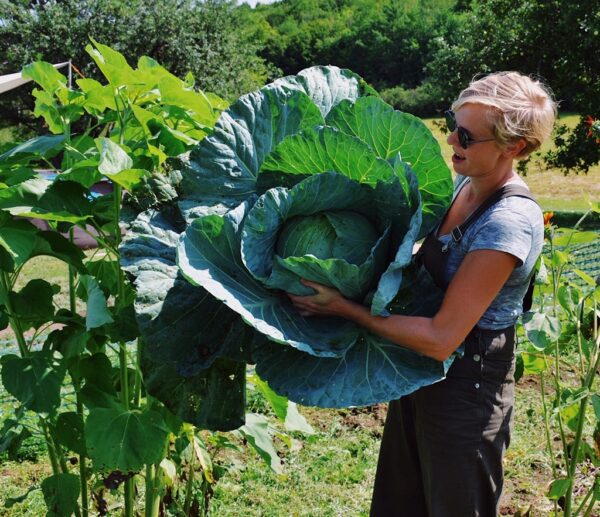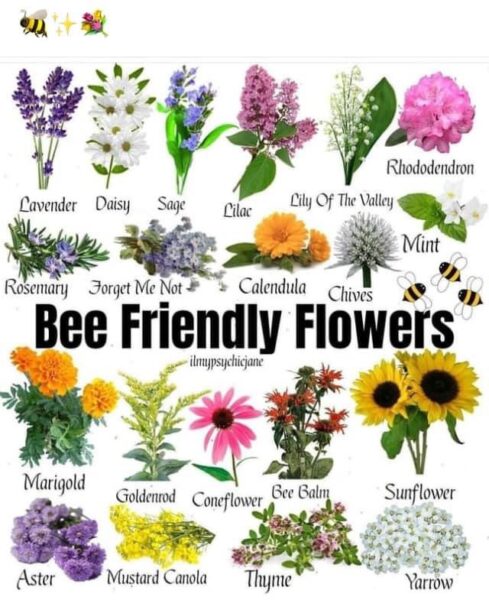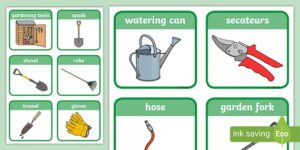Your Garden’s Secret Medicine Cabinet
When it comes to alleviating pain, the first solutions that often come to mind are pharmaceuticals. But what if your garden could be a source of natural, effective pain relief? Many plants that can be grown right in your backyard offer potent painkilling properties and are often overlooked.

Why Your Garden Could Be Your New Pharmacy
Natural painkillers offer a host of benefits, including fewer side effects and a more sustainable approach to long-term pain management. These plants have stood the test of time in traditional medicine, making them a credible alternative to over-the-counter options.
Meet Your Garden’s Natural Healers
Willow Bark
Commonly known as “nature’s aspirin,” willow bark has a long history of easing pain and reducing inflammation. Its active ingredient, salicin, offers similar benefits to aspirin but generally with fewer side effects.
Turmeric
More than just a kitchen spice, turmeric is a powerful anti-inflammatory. Its active ingredient, curcumin, rivals many commercial pain relievers for its effectiveness in reducing inflammation.
Lavender
Famous for its soothing scent, lavender also packs a punch as a natural analgesic. Whether used as an essential oil or brewed into a tea, it’s effective for treating headaches and muscle pain.
Feverfew
This unassuming flowering plant is a traditional remedy for migraines. Its active compound, parthenolide, helps to minimize inflammation and muscle spasms.
Wild Lettuce
Sometimes called “opium lettuce,” this plant offers sedative and pain-relieving properties, making it useful for treating a range of conditions from insomnia to anxiety and pain.
Cultivating Your Natural Painkillers
Growing these plants is usually straightforward. They don’t require specialized gardening skills and can adapt to a variety of climates. Just be sure to research each plant’s specific needs for optimal growth.
Your garden has the potential to be a natural pharmacy, providing effective and sustainable options for pain relief. As interest in alternative healthcare options grows, the role of these natural painkillers is set to expand. However, always consult a healthcare provider before incorporating new treatments into your regimen, especially if you’re already on medication or have existing health issues.
As an Amazon Associate we earn from qualifying purchases through some links in our articles.




